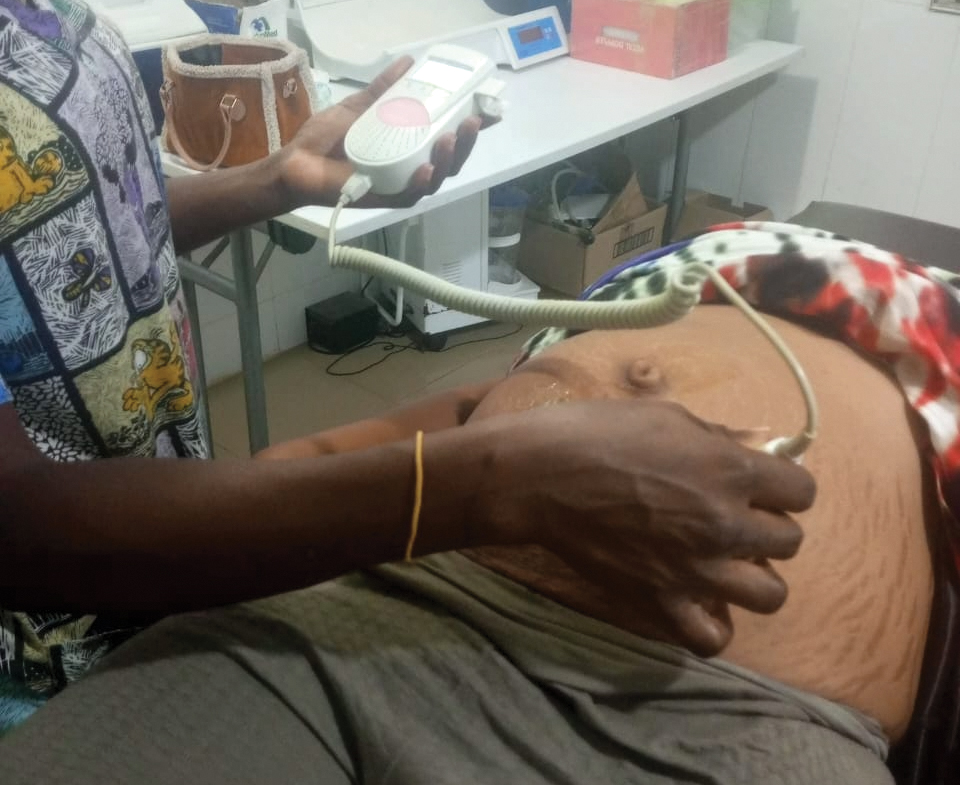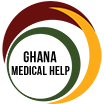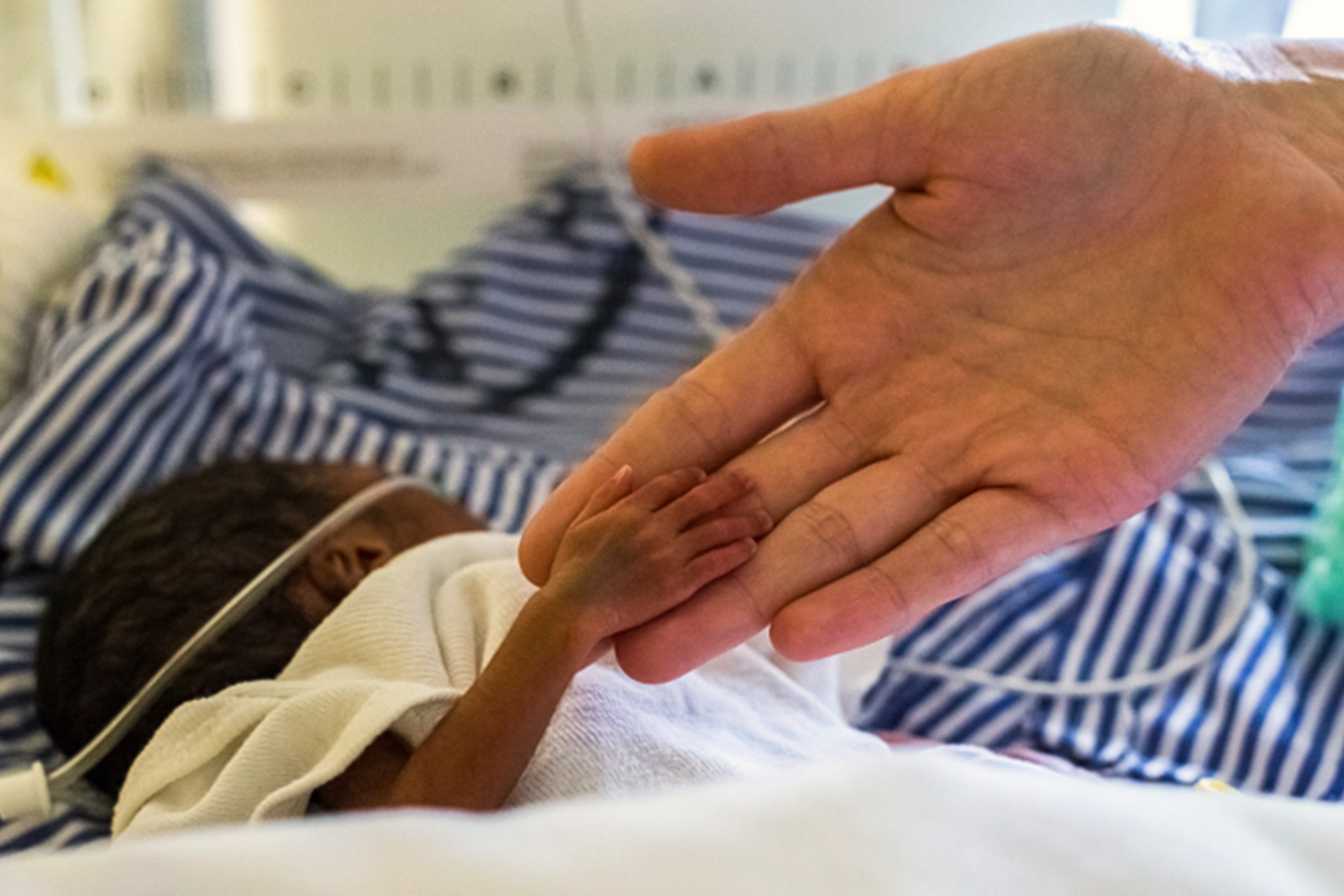The Upper Regions of Ghana have witnessed an alarming increase in maternal and infant morbidity and mortality. In fact, a mom in northern Ghana is 8x less likely to survive childbirth than a mom in North America, and her baby is 5x more likely to die. This rise in poor outcomes stems from the fact that healthcare workers who face maternal and neonatal emergencies are limited by inadequate knowledge, skills, and competencies in Emergency Obstetric and Neonatal Care (EmONC). The issue is further exacerbated by the absence of continuing medical education opportunities in the Upper Region, particularly in EmONC.
In response to this issue, GMH’s newest ground-breaking initiative, the Maternity Service Agenda (MSA), is designed to strengthen maternal and newborn care in northern Ghana, ushering in a new era where every mother and child has access to the high-quality healthcare they deserve.
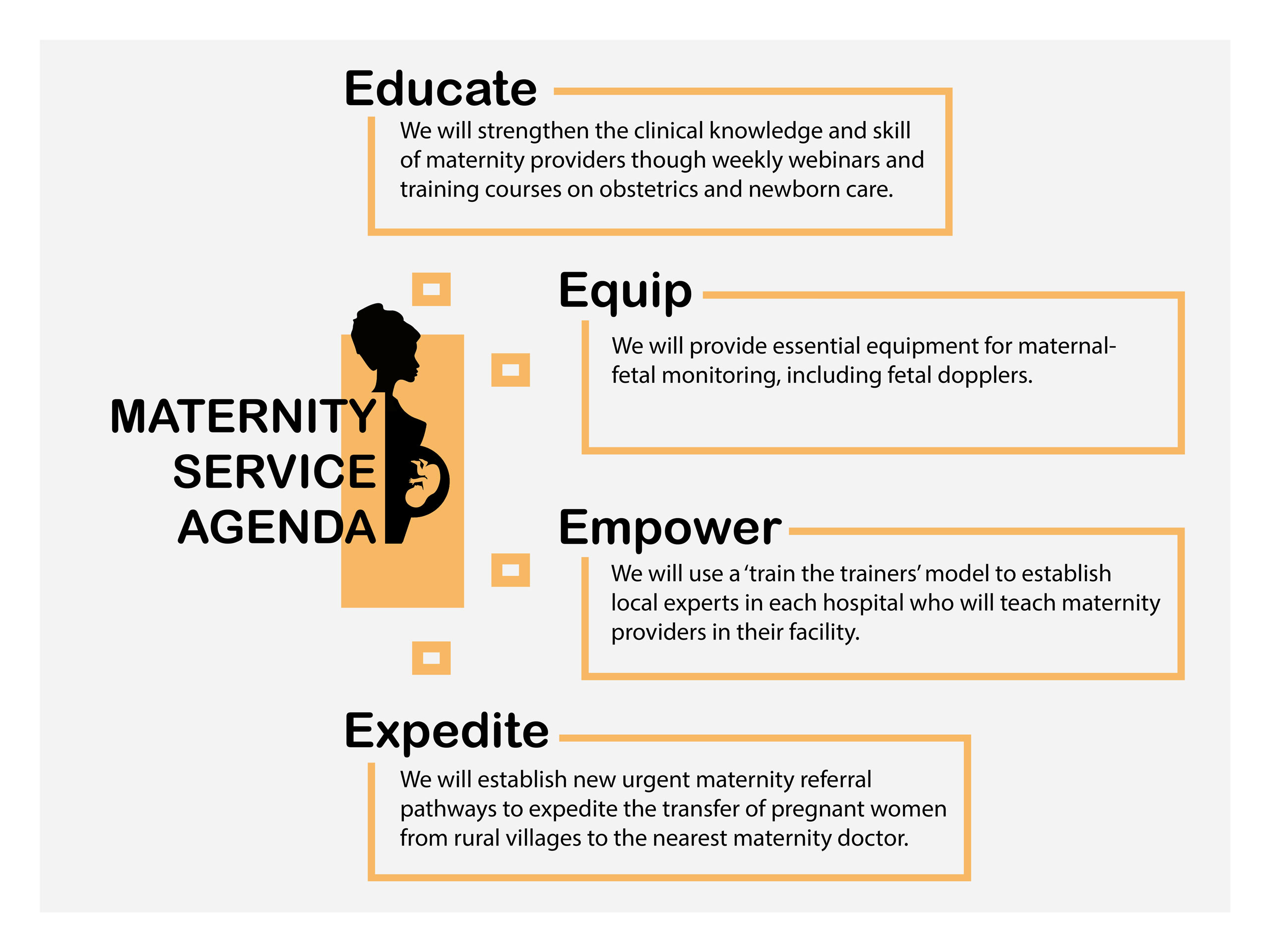
The Project
The primary goal of the MSA is to improve obstetrical and newborn emergency care in northern Ghana, as this gap significantly contributes to the tragedies we are witnessing.
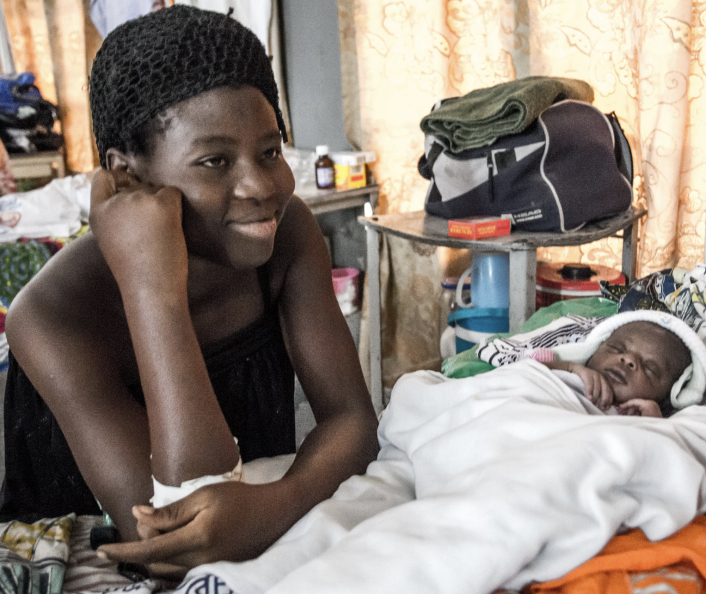
Educate
As of International Women’s Day in 2024, the MSA has been delivering weekly virtual educational workshops on high priority obstetrical topics for physicians and midwives in northern Ghana. These are led by local obstetrician experts, who support the learning of attendees and establish themselves as mentors.
Empower
In May 2024, the MSA will deliver a free 3-day hands-on training course on Emergency Obstetric and Newborn Care for 1 physician and 2 midwife representatives from each hospital in the Upper Regions. These reps will then repeat the training for maternity providers at their home facility. By adopting this training-the-trainers model, these lifesaving skills will be taught to staff in 19 hospitals, dramatically increasing the number of healthcare workers who are equipped to handle obstetric and newborn emergencies.
Equip
In May 2024, the MSA will donate 2 fetal dopplers (baby heart rate monitors) to each hospital in the Upper Regions. These little devices enable baby wellbeing to be monitored in pregnancy and labour. With a fetal doppler, fetal distress can be quickly identified, and the appropriate lifesaving interventions can be initiated.
Expedite
By connecting and establishing relationships between hospital-based maternity physicians and rural midwives and birthing attendants, the MSA will create new urgent maternity patient referral pathways. This will enable community-based maternity providers to call and expedite patient transfers for pregnant women in need.
The Fetal Doppler Drive: Heartbeats of Hope
To help us donate fetal dopplers to northern Ghanaian hospitals, we are thrilled to announce our Fetal Doppler Drive.
By providing these essential devices to Ghanaian maternity providers in rural areas, we aim to further reduce preventable complications and deaths during pregnancy and childbirth. These devices cost less than $30 and save lives.
We are calling for the donation of fetal dopplers to help provide the gift of neonatal care where it’s so critically needed. We invite you to be a part of this transformative journey by donating your own fetal doppler or contributing the equivalent to our cause (it only costs $30 per doppler!).
Pick-up, drop-off and mailing options (we’ll cover your mailing costs!) are all available, depending on location. Email us at msa@ghanamedicalhelp.com to learn more.
